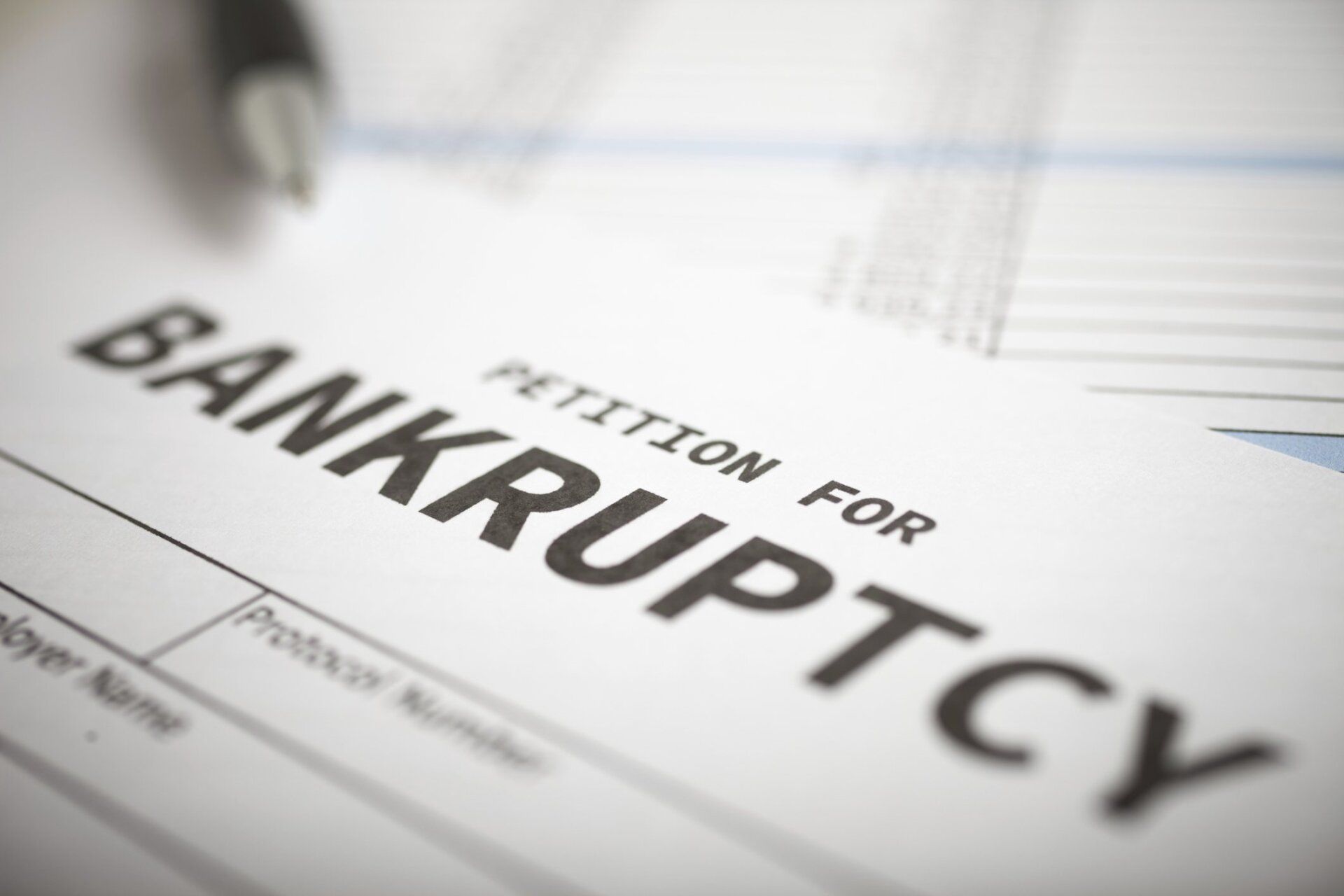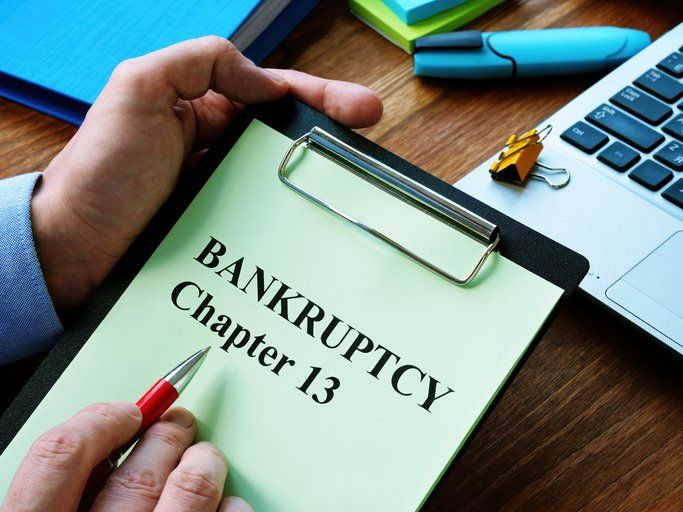Does Medical Debt Affect Credit Scores?
The Effect of Medical Debt on Your Credit Score
If you’ve had an accident, if you’re dealing with an illness, or if you’ve needed multiple hospital visits, you know how expensive medical bills are. Even with health insurance, it doesn’t take long to build up a considerable amount of medical debt. If you’re wondering if your medical debt could affect your credit score, the short answer is “yes”, but there are a variety of factors to consider, which we will explain below.
The Amount of Time Since the Last Payment
Most healthcare providers don’t report to credit bureaus, but if enough time has passed since your last payment, there’s a good chance that they will sell your debt to a third-party collection agency. Depending on the medical provider, they might go to a collection agency as soon as 60 days since your payment has been past due, or as long as 120 days. Even if your debt goes to a collection agency, it still might not show up on a credit report. Experian, TransUnion, and Equifax, which are the three main consumer credit bureaus, give a 365-day period before the debt collection will appear on your credit report. This allows you time to resolve the medical debt. If the debt is not resolved though, unpaid medical collection accounts over $500 could affect your credit score and appear on your credit report for up to seven years. Fortunately, once the debt is fully paid, the collection account will be removed from credit reports, which should help to improve your credit score.
The Total Medical Debt Balance
Some good news for people who are dealing with medical bills and finding themselves in debt is that medical collection debt with an initial reported balance of under $500 will not appear on your credit report. As of April 2023, existing medical debt with an initial reported balance of under $500 was also removed from credit reports. So, if your medical expenses are under $500, you don’t have to worry about it negatively affecting your credit score.
Regular Minimum Payments
If you’re not able to pay your medical bills in full, make sure to contact your healthcare provider to work out a payment plan. That will enable you to make more manageable payments on a monthly basis until the debt is paid off. When you receive the monthly bill, you will have a “minimum” payment amount designated. Be sure to pay at least the minimum amount every month. If you’re able to afford more to get the debt paid down quicker, that’s great, but if you pay under the minimum amount for too long, there’s a good chance your account will be sent to a collection agency for not meeting the minimum requirements of your payment plan. As long as you stay on track with your monthly payments and pay at least the minimum amount, it won’t negatively affect your credit score.
Additional Notes to Keep in Mind
Unpaid expenses from medical bills are a unique type of consumer debt, and the credit bureaus understand this. This is why you’re allowed a grace period and why debt under a specific amount won’t appear on your credit report. Even still, you’ll want to ensure that you’re diligent about paying off the debt to avoid having it negatively affect your credit score. As mentioned above, if you’re not able to pay your bills in full, make sure to contact your medical provider as soon as possible to set up a payment plan. If you have health insurance, you’ll also want to keep up with your insurance provider to make sure that they’re paying their part and that everything is being paid on time.
If you’re currently struggling with your unpaid medical bills, or if you have any additional questions about medical debt hurting your credit score,
contact the Law Office of Wendy J. Christophersen today. Our debt relief lawyers serve Buffalo, Cheektowaga, NY, and surrounding areas.









